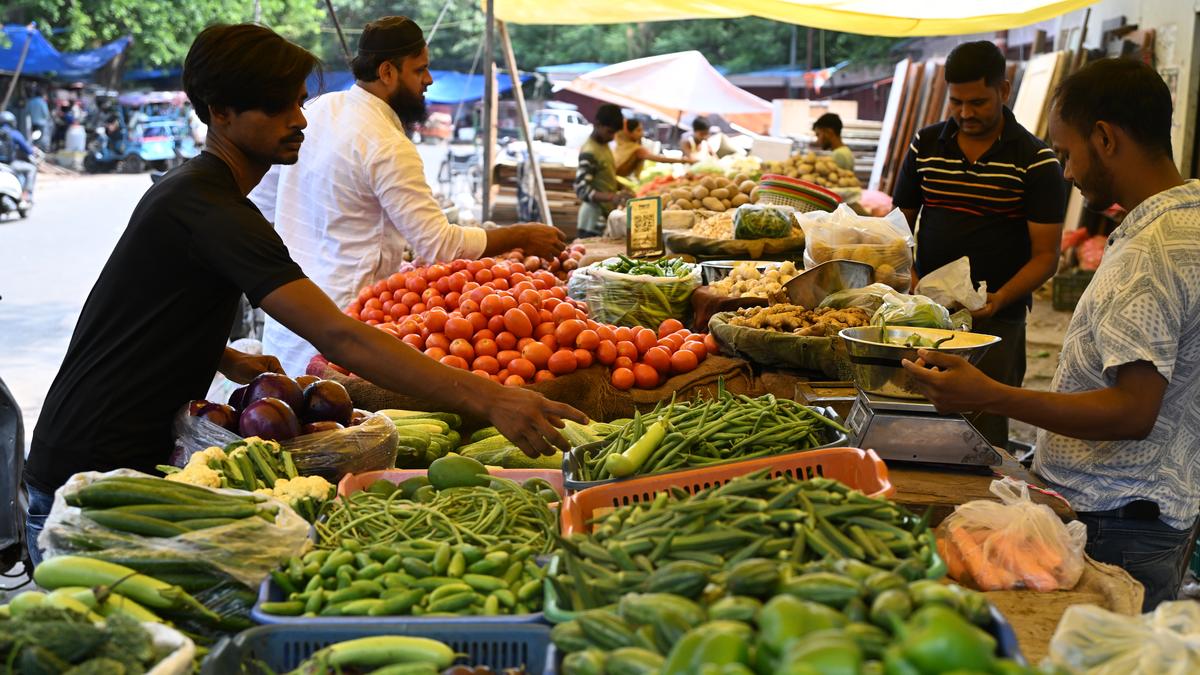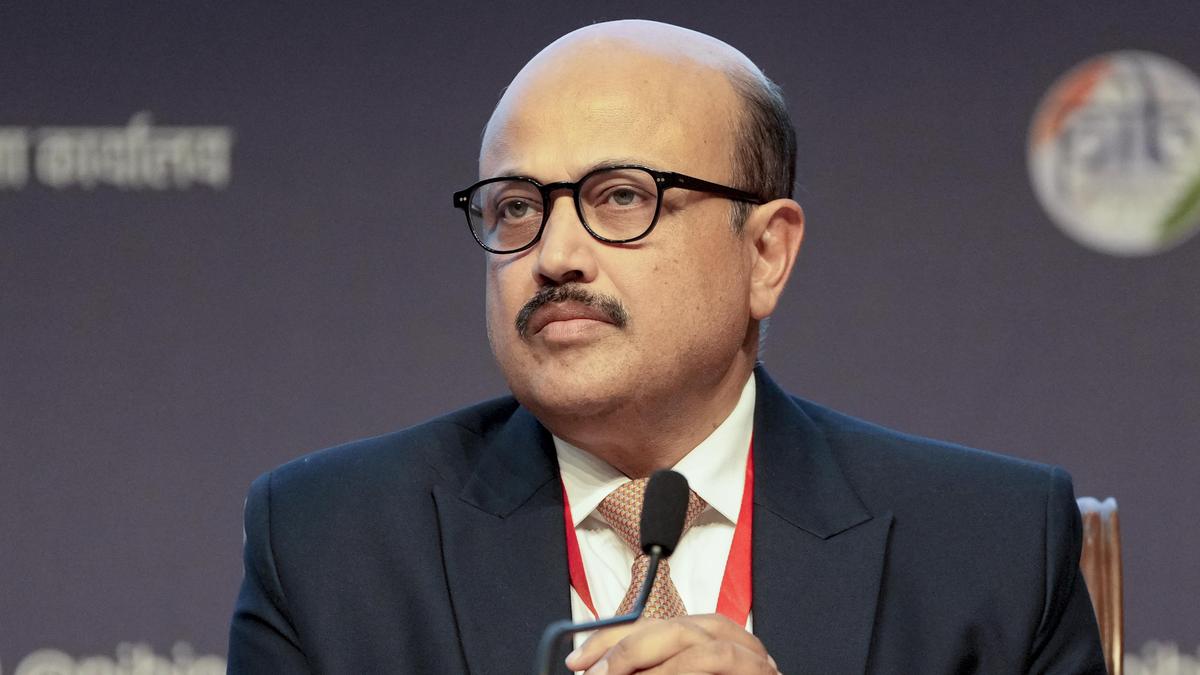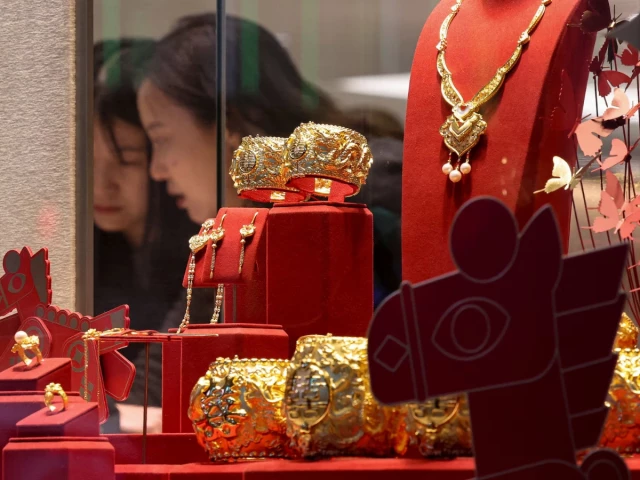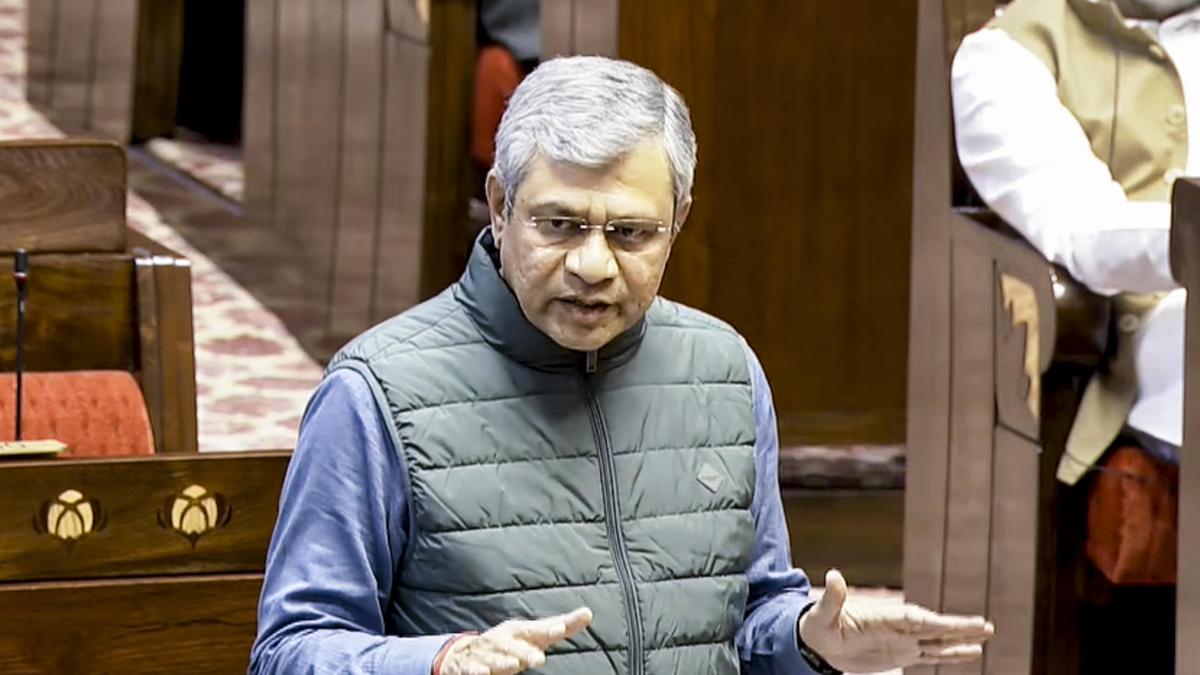Vegetable and pulses prices contracted 21% and 14% respectively, driven by a high base and falling prices. File.
| Photo Credit: Sushil Kumar Verma
Retail inflation in India slipped to 1.55% in July 2025, the lowest since June 2017, and below the Reserve Bank of India’s comfort band of 2-6%, primarily led by a contraction in food prices.
The Consumer Price Index (CPI), released by the Ministry of Statistics and Programme Implementation on Tuesday (August 12, 2025), showed inflation in India has been easing for nine consecutive months.
The rate of inflation in the food and beverages category came in at -0.8% in July 2025, lower than -0.2% in June and 5.1% in July 2024.
“In the food basket, there was deflation in key items such as vegetables, pulses, spices, and meat,” Rajani Sinha, Chief Economist at CareEdge Ratings said. “Looking ahead, food inflation is likely to remain contained, supported by healthy agricultural activity and a favourable base.”
Vegetable and pulses prices contracted 21% and 14% respectively, driven by a high base and falling prices.
Ms. Sinha added that a good progress of the monsoon, adequate reservoir levels, and strong kharif sowing bode well for agricultural output and food price stability.
Core inflation, which excludes the impact of food and fuel prices, also eased to 4.1% in July 2025 from 4.4% in the previous month, nearly at the RBI’s target of 4%.
The other broad categories in the CPI saw inflation remaining nearly the same in July as in June. The pan, tobacco and intoxicants category saw inflation remain flat at 2.4% in July. Similarly, the clothing and footwear category saw inflation ease marginally to 2.5% in July from 2.5% in June.
Inflation in the housing segment remained at 3.2% in July, while that in the fuel and light category quickened to 2.7% in July from 2.5% in June.
Dipanwita Mazumdar, Economist at the Bank of Baroda, said that a statistical high base will keep the inflation rate down in September-December 2025.
“The current cycle is acting in favour of us when the inflationary impact from tariffs is the centre point of global discussions,” she said in a note. “We expect the downside risk to global growth will largely keep international commodity prices in check. This is expected to partly negate the higher tariff rates in place.”
However, she also added that India needs to be watchful in case it has to completely stop buying Russian oil in accordance with U.S. President Donald Trump’s demands.
“In this case, some diversification towards Kuwait and Iraq would also lend support,” she said.
Published – August 12, 2025 04:45 pm IST






